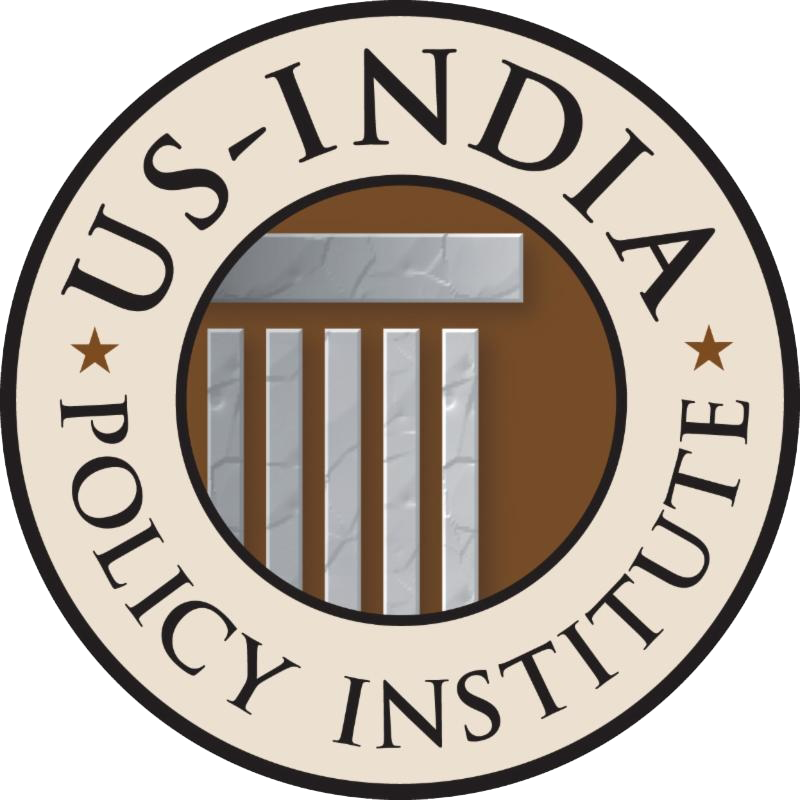Rethinking Affirmative Action for Muslims in Contemporary India
This report represents the first comprehensive study on the socioeconomic status of major religious groups in India since the release of the Sachar Committee Report in 2006.
The Government of India’s vision of "Sabka Saath, Sabka Vikas" aims to ensure social inclusion for all communities, including Muslims. Over the past decade, this guiding principle has driven significant shifts in policy frameworks, particularly through the restructuring of programs led by the Ministry of Minority Affairs.
However, these substantial policy changes have not received adequate attention in academic and policy discussions on the socioeconomic disadvantages facing Muslims. The emerging affirmative action framework—especially as it pertains to Muslim communities—must be understood within the broader context of state priorities, evolving policy interventions, and India’s vision of welfarism.
Key Objectives of the Research
This research project, culminating in the report, has five primary objectives:
Examining the Changing Role of the State – Understanding how the official perspective on social welfare has evolved.
Assessing the Contemporary Policy Framework – Analyzing its implications for Muslims in India.
Studying the Socioeconomic Status of Religious Groups – Collecting and analyzing education and economic data in the post-Sachar scenario.
Understanding Muslim Perceptions – Exploring aspirations, expectations, and anxieties regarding socioeconomic inclusion.
Identifying Avenues for Social Interventions – Recommending targeted strategies for inclusive development.
Methodology
The study employs a rigorous, multi-layered methodology to address these thematic concerns. It incorporates:
🔹 Institutional Analysis of the Indian State
🔹 Policy Assessment Using the “What’s the Problem Represented to Be?” (WPR) Method
🔹 Collection & Reorganization of Official Data
🔹 Empirical Analysis Based on Sample Surveys
Acknowledgments
USIPI expresses its deep appreciation to the report authors, Hilal Ahmed, Mohd. Sanjeer Alam, and Nazima Parveen, for their tireless efforts in bringing this research to fruition. We also extend our gratitude to Dr. Amir Ullah Khan and the Centre for Development Policy and Practice (CDPP) for their invaluable support in publishing this report.
Availability & Launch
The report, launched in New Delhi in February 2025, is available here.
Hindi and Urdu translations will also be made available soon. Stay tuned for updates!
About the authors:
Hilal Ahmed is Associate Professor, CSDS, New Delhi. He works on Indian democracy, political Islam, and politics of symbols.
Mohd. Sanjeer Alam is Associate Professor, CSDS, New Delhi. He works on political demography, minority studies, socio-spatial inequalities in education and labour market outcomes and affirmative action.
Nazima Parveen is Associate Research Fellow, Policy Perspective Foundation (PPF), New Delhi. She works on the rights of ethnic and religious minorities, community-space relationship, and the politics of urban transformation in colonial and postcolonial India.
